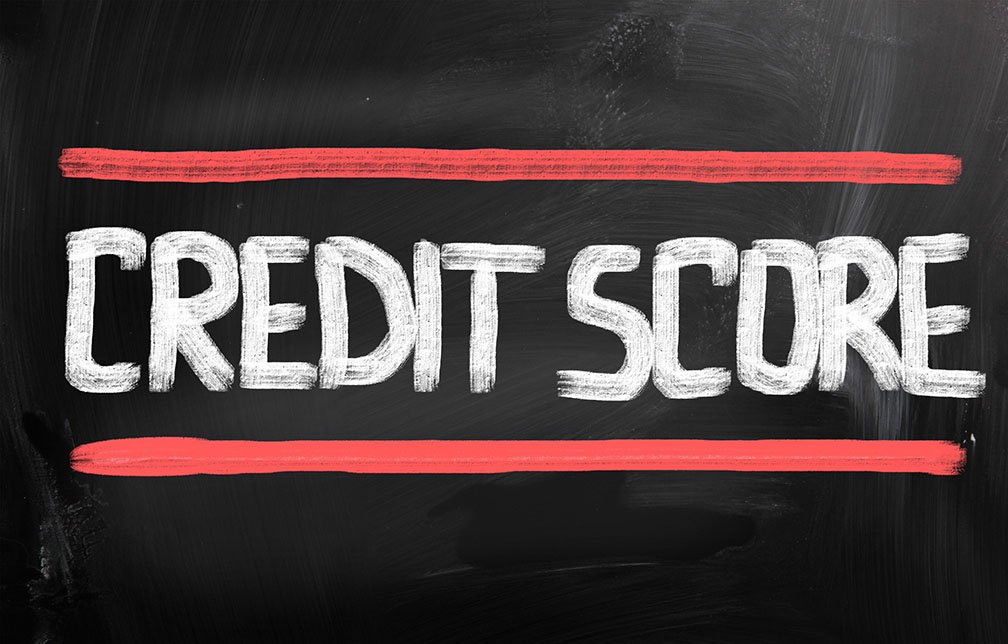Man Vs. Machine: Why Using a Human Mortgage Professional Is Better Than Trusting an App
 Are you currently house-hunting or plan to be in the near future? If you plan on using mortgage financing to pay for your home, you will soon discover that there’s no shortage of options available to you. You can meet with a local mortgage professional, apply for mortgages online and even download mobile apps that promise to set you up with a mortgage. However, is every option equal?
Are you currently house-hunting or plan to be in the near future? If you plan on using mortgage financing to pay for your home, you will soon discover that there’s no shortage of options available to you. You can meet with a local mortgage professional, apply for mortgages online and even download mobile apps that promise to set you up with a mortgage. However, is every option equal?
Let’s explore why, in the epic battle of man versus machine, you will want to place your trust in a human mortgage professional.
Human Mortgage Professionals Have Local Experience
The first and most important reason you will want to work with a human mortgage professional is their understanding of the local real estate market. While you are likely to be working with a real estate agent, your mortgage advisor is another pair of eyes-and-ears that can help to keep your home purchase on the right path. They are also working regularly with many local clients and can share insight and information that no website or app will be able to come up with.
A Human Can Appreciate Your Unique Financial Situation
Online and app-based mortgage technology is… cold. Algorithms are processing the math and other hard facts about your financial history, with little consideration of you and your family as people. When you meet with a human mortgage advisor, you’re speaking with someone who understands the challenges that regular people face. They have also worked with numerous other clients and can appreciate why certain circumstances may have come up in the past.
A Human Will Go To Bat For You If Needed
Finally, don’t forget that a human mortgage professional is invested in your success. A mobile app isn’t going to understand when it needs to go the “extra mile” to ensure that you get the financing you need. You can trust that a human will push for that extra bit of funding or those better repayment terms as they’re on your side.
The above are just a few of the many reasons that you will want to work with a human mortgage advisor rather than using a website or mobile app. Don’t believe us? Give your local professional (and human!) mortgage team a call today.

 Are you shopping around for a new house or apartment? One of the key considerations you will need to make is figuring out how much you want to invest in your new home. Below you’ll find our quick and easy guide to determining just how much “house” you can afford. Let’s get started!
Are you shopping around for a new house or apartment? One of the key considerations you will need to make is figuring out how much you want to invest in your new home. Below you’ll find our quick and easy guide to determining just how much “house” you can afford. Let’s get started! Many people all over the world are dealing with issues involving debt or poor credit history, but most aren’t necessarily aware of what exactly makes up their credit score. Unfortunately, it might seem like it’s the big stuff that counts when it comes to credit, but little things can have a significant impact on your financial health. If you’re looking to improve your understanding and your finances, here’s what you need to know about small mistakes and your FICO score.
Many people all over the world are dealing with issues involving debt or poor credit history, but most aren’t necessarily aware of what exactly makes up their credit score. Unfortunately, it might seem like it’s the big stuff that counts when it comes to credit, but little things can have a significant impact on your financial health. If you’re looking to improve your understanding and your finances, here’s what you need to know about small mistakes and your FICO score.